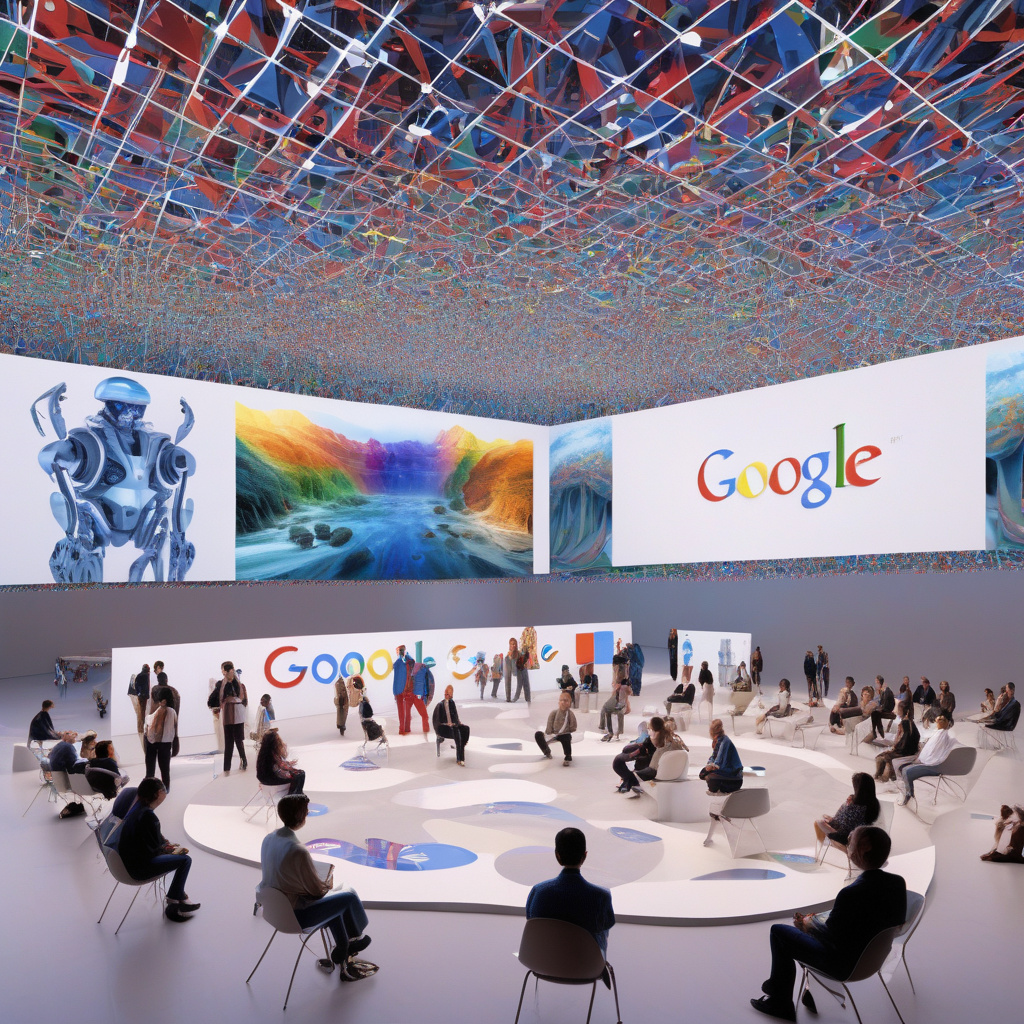Artificial Intelligence (AI) has been a transformative force in reshaping the digital landscape. With its vast potential, some have pondered whether AI could indeed become “The Ultimate Version of Google,” as envisioned by Larry Page, one of the co-founders of Google. This visionary idea raises intriguing questions about the future of AI and its role in our lives.
Larry Page’s vision of AI as the ultimate version of Google implies a level of intelligence and capability that surpasses even the most advanced search engine. It suggests a future where AI seamlessly integrates into our daily experiences, anticipating our needs and providing solutions before we even realize we need them. This vision aligns with the concept of AI evolving into a more intuitive, proactive, and personalized assistant.
In many ways, current AI technologies already exhibit traits that align with Page’s vision. For example, AI-powered virtual assistants like Google Assistant and Amazon’s Alexa can perform a wide range of tasks, from answering questions to controlling smart home devices. These assistants continually learn from user interactions, adapting and improving their responses over time.
Moreover, AI is increasingly being integrated into various products and services, enhancing efficiency and personalization. From recommendation algorithms on streaming platforms to predictive text on smartphones, AI is becoming an indispensable part of our digital experiences. This widespread adoption of AI technologies underscores its potential to revolutionize how we interact with technology.
However, the notion of AI as the ultimate version of Google also raises ethical and societal considerations. As AI systems become more advanced, issues related to privacy, bias, and control come to the forefront. Ensuring that AI technologies are developed and deployed responsibly is crucial to harnessing their benefits while mitigating potential risks.
Despite the progress made in AI development, achieving Larry Page’s vision of AI as the ultimate version of Google remains a work in progress. Continued innovation, research, and collaboration are essential to push the boundaries of AI capabilities further. As AI continues to evolve, it is vital to strike a balance between technological advancement and ethical considerations to create a future where AI serves humanity in meaningful and beneficial ways.
In conclusion, while AI has made significant strides towards realizing Larry Page’s vision of the ultimate version of Google, there is still much to be achieved. By fostering responsible AI development and addressing societal implications, we can work towards a future where AI enhances our lives in profound ways. Embracing the possibilities of AI while being mindful of its impact is key to shaping a future where technology truly serves the needs of humanity.

